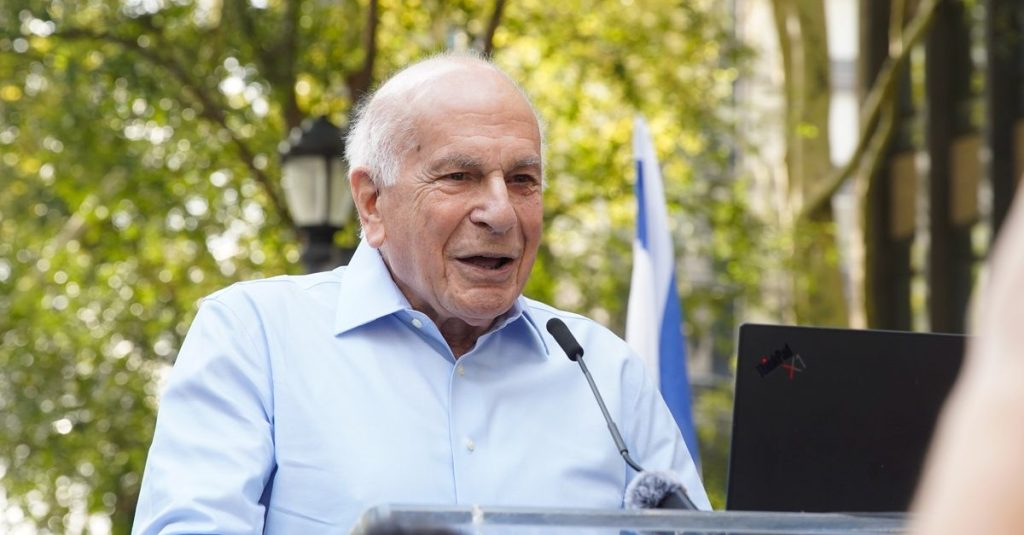Daniel Kahneman, a psychologist who won a Nobel Prize in economics for his work in understanding how neurological biases influence decision making, passed away at the age of 90. Alongside his collaborator Amos Tversky, Kahneman revolutionized the field of economics by challenging the assumption that people were rational decision-makers. Their research revealed hidden biases and mental shortcuts that can impact our thoughts and lead to irrational decision-making.
One example of their research focused on false confidence in predictions, where observers confidently identified potential leaders in a challenge only to find that their assessments did not correlate with actual leadership potential. This phenomenon led Kahneman to coin the term “the illusion of validity” to describe how our judgments can often be skewed by biases. Kahneman and Tversky’s partnership began in 1969, and their close collaboration led to groundbreaking insights into decision making that reshaped the field of economics.
Their research on decision making uncovered the idea of loss aversion, which explains why people often react more strongly to losses than gains. This concept, along with other findings, formed the basis of their theory of risky choice known as “prospect theory.” Kahneman was awarded the Nobel Prize in economics in 2002 for his contributions to behavioral economics, which have become central to understanding the complexities of decision-making.
Kahneman and Tversky worked closely together for decades, sharing a profound intellectual connection and mutual admiration for each other’s abilities. Their collaboration was described as “magical,” with Kahneman noting that they possessed a joint mind that was greater than their individual capacities. The two researchers alternated as lead authors on their papers, exemplifying the true partnership and symbiosis of their work.
The impact of Kahneman and Tversky’s research extends beyond economics, influencing fields such as psychology and decision science. Their work challenged traditional economic models and brought attention to the complexities of human decision-making processes. Despite Tversky’s passing in 1996, their partnership and groundbreaking discoveries continue to shape the way we understand the intricacies of how our minds work.
Kahneman’s legacy as a pioneer in behavioral economics and decision science will continue to inspire future generations of researchers and practitioners. His groundbreaking insights into human behavior and decision making have had a profound impact on our understanding of how biases and mental shortcuts can influence our choices. Kahneman’s passing marks the end of an era for the field of economics, but his influence will continue to resonate for years to come.


